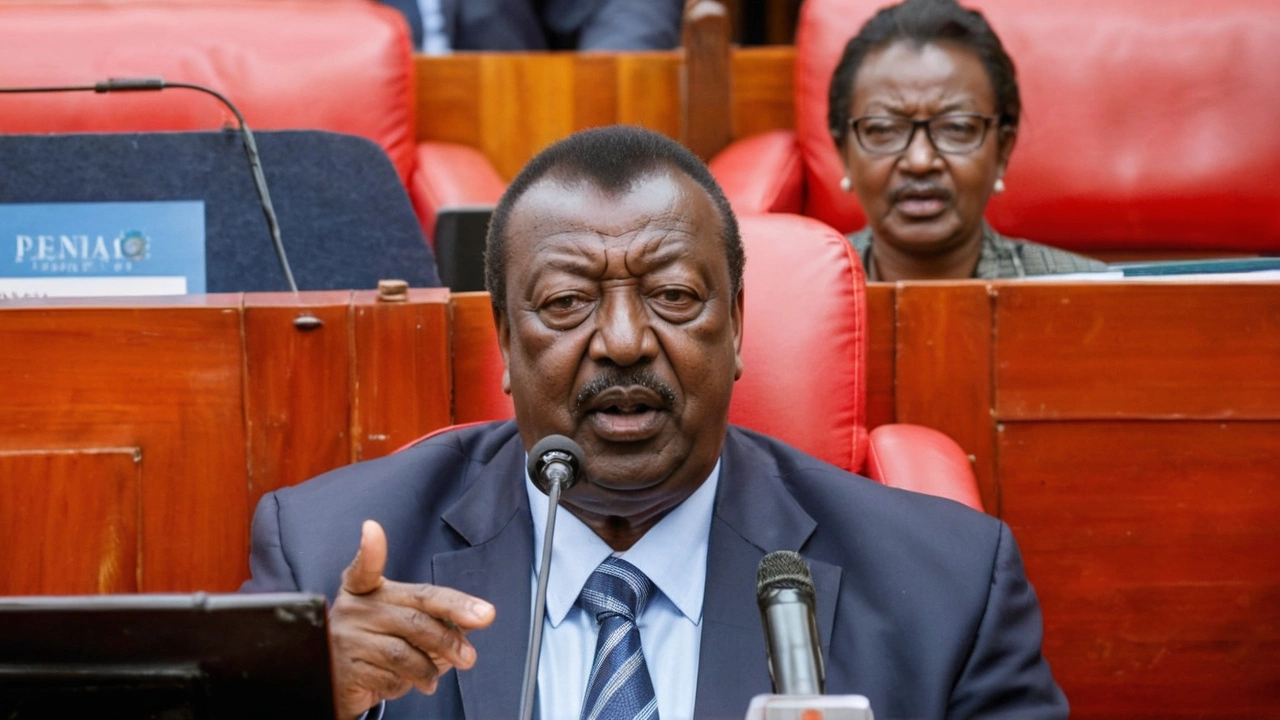Kenya government: what to watch and how to keep up
Want clear, practical updates about the Kenya government? This tag collects news, policy changes and county developments so you can follow what affects daily life — from national budgets to local services. Below you'll find an easy guide to how the system works, the main issues people are talking about, and quick tools to track official moves and hold leaders to account.
How the government is structured
Kenya has three levels that matter: the national government (President, Cabinet and Parliament), the county governments (47 counties with governors and assemblies), and independent institutions like the Judiciary, the Independent Electoral and Boundaries Commission (IEBC), the Ethics and Anti-Corruption Commission (EACC) and the Central Bank of Kenya (CBK). Each level has clear roles: national handles defence, foreign policy and national budgets; counties manage local services like health, roads and markets. Knowing which level handles a problem helps you target questions and actions quickly.
Parliament is split into the National Assembly and the Senate. The National Assembly focuses on laws, budgets and constituency issues. The Senate watches county matters and devolution. Ministries implement policy — think Ministry of Health, Education or Transport — and their press releases often flag upcoming changes before they hit the news.
What people are watching now — and why it matters
Common issues that shape headlines: the national budget and inflation, debt and infrastructure projects, public service delivery at county level, corruption probes and court rulings, and election rules. These topics matter because they affect jobs, prices, school funding and water or health services in your county. When a ministry announces a policy, it usually affects budgets and what county governments must do next.
Spot trends by watching a few signals: budget speeches and CBK rate announcements for the economy; EACC reports and court decisions for accountability; county assembly minutes for local project approvals. Those signals tell you whether a policy is about to change, which projects will get funded, and where money and power are moving.
Want to act or get more detail? Use the eCitizen portal for many government services and records, visit Huduma Centres in person, or check official ministry websites and the Kenya Gazette for legal notices. For procurement and tenders, look at the Public Procurement Regulatory Authority (PPRA) and county procurement portals. Civil society groups and watchdogs often publish plain summaries of complex reports — they’re handy when official texts are long.
If you want fast updates: follow relevant ministries and county accounts on social media, sign up for parliamentary Hansard alerts, and subscribe to local news outlets that cover Nairobi and county politics. Attending public participation meetings or writing to your ward representative can also influence decisions before they’re final.
This tag page curates stories and explainers so you can stay informed without wading through technical reports. Bookmark it, subscribe to updates, and use the tips above to turn news into action — whether you’re checking a national policy or a pothole repair in your neighbourhood.

